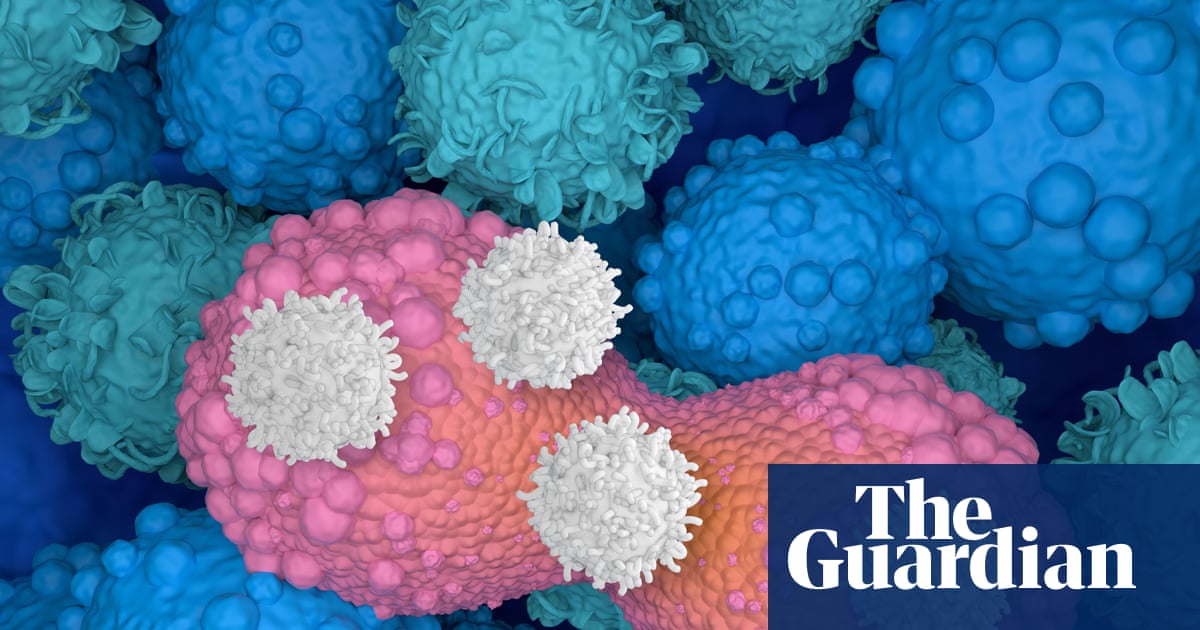
"Prof Sherene Loi, a clinician scientist at the Peter MacCallum Cancer Centre in Melbourne, said the most sophisticated level of the immune system, called the adaptive immune system, involves T-cells which react against particular viruses or bacteria and also against cancer. This response is one of our very modern therapeutic weapons against cancer."
"Loi, the senior author of the new study, said her team had noticed some breast cancers had large amounts of these specialised immune cells, while others had very few. Patients who had more cells had better outcomes, particularly for one of the most aggressive types: triple-negative breast cancer. These immune cells were also found in healthy breast tissue."
"The researchers studied non-cancerous breast tissue of more than 260 women from diverse populations who had breast reductions or surgery to reduce their risk of breast cancer. They found those who had children had more of these specialised cells, called CD8 T-cells. These cells remained in the breasts for more than 30 years after pregnancy."
Non-cancerous breast tissue from over 260 women across diverse populations showed higher numbers of specialised CD8 T-cells in those who had given birth. These CD8 T-cells persisted in breast tissue for more than 30 years after pregnancy. Higher intratumoral CD8 T-cell levels associate with improved outcomes, especially in aggressive triple-negative breast cancer. In mouse models, implanted breast cancer cells grew less in females that had pups and breastfed compared with virgins. Depleting the T-cells removed the protective effect, indicating breastfeeding establishes durable adaptive immune protection in breast tissue that can limit cancer formation and growth.
Read at www.theguardian.com
Unable to calculate read time
Collection
[
|
...
]